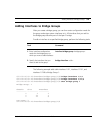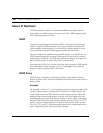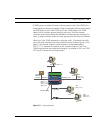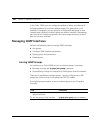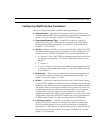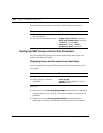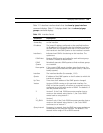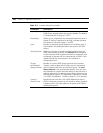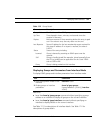
ADC Telecommunications, Inc.
354 C
HAPTER 17: MANAGING IP MULTICAST
About IP Multicast
IP Multicast reduces traffic on a network by delivering a single stream of
information to multiple users at one time. The Cuda 12000 supports up to
500 multicast groups per chassis.
IGMP
Internet Group Management Protocol (IGMP) is required by all hosts and
routers to receive multicast packets. For a host to receive multicast traffic
from a specific multicast group, it must join that multicast group. IP hosts
then use IGMP to report multicast group memberships to routers.
You can configure an interface to be an IGMP querier or an IGMP host. An
IGMP querier periodically transmits IGMP queries to learn which multicast
groups are on a network. An IGMP host receives the queries and replies for
each multicast group for which they wish to receive traffic.
One instance of IGMP runs on each interface. Each instance of IGMP retains
the information for that interface; it has no knowledge of any multicast
groups on other interfaces within the chassis.
IGMP Proxy
IGMP Proxy is a method of informing a multicast router about multicast
groups for which hosts, that are not directly connected to the router, want to
receive traffic.
Example
For example, in Figure 17-1, each interface except the one connected to the
remote multicast router is configured to function as an IGMP querier. The
Cuda 12000 sends out IGMP queries on each querier interface. When the
attached hosts receive these queries, they rely with IGMP reports for each
multicast group for which they want to receive multicast traffic. The reports
tell the Cuda 12000 about the multicast groups from which PC4, PC3, PC2
and PC1 want to receive packets. To transmit the multicast traffic to hosts
PC4, PC3, PC2, and PC1, the remote multicast router is made aware that a
host is requesting traffic for these multicast groups.






